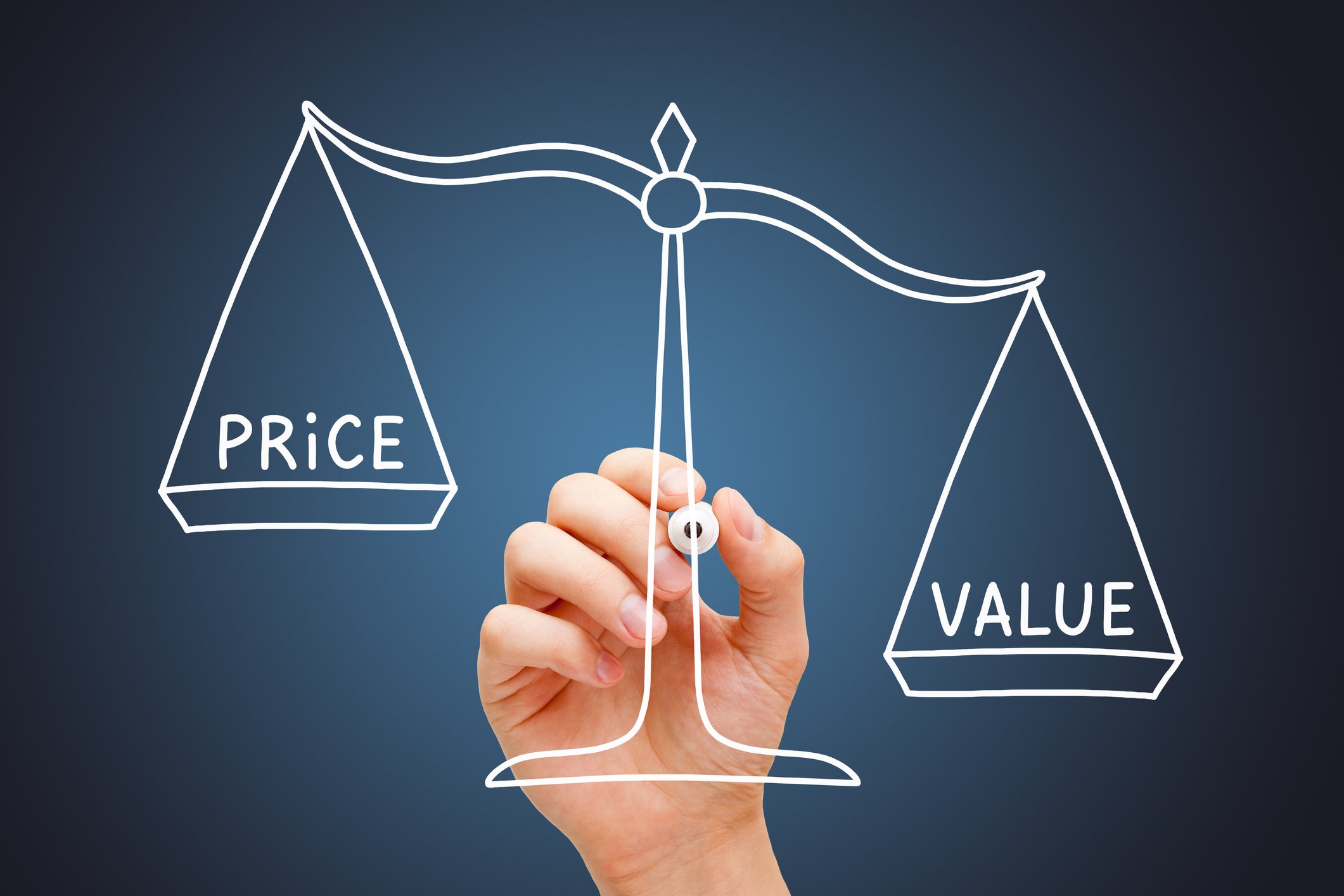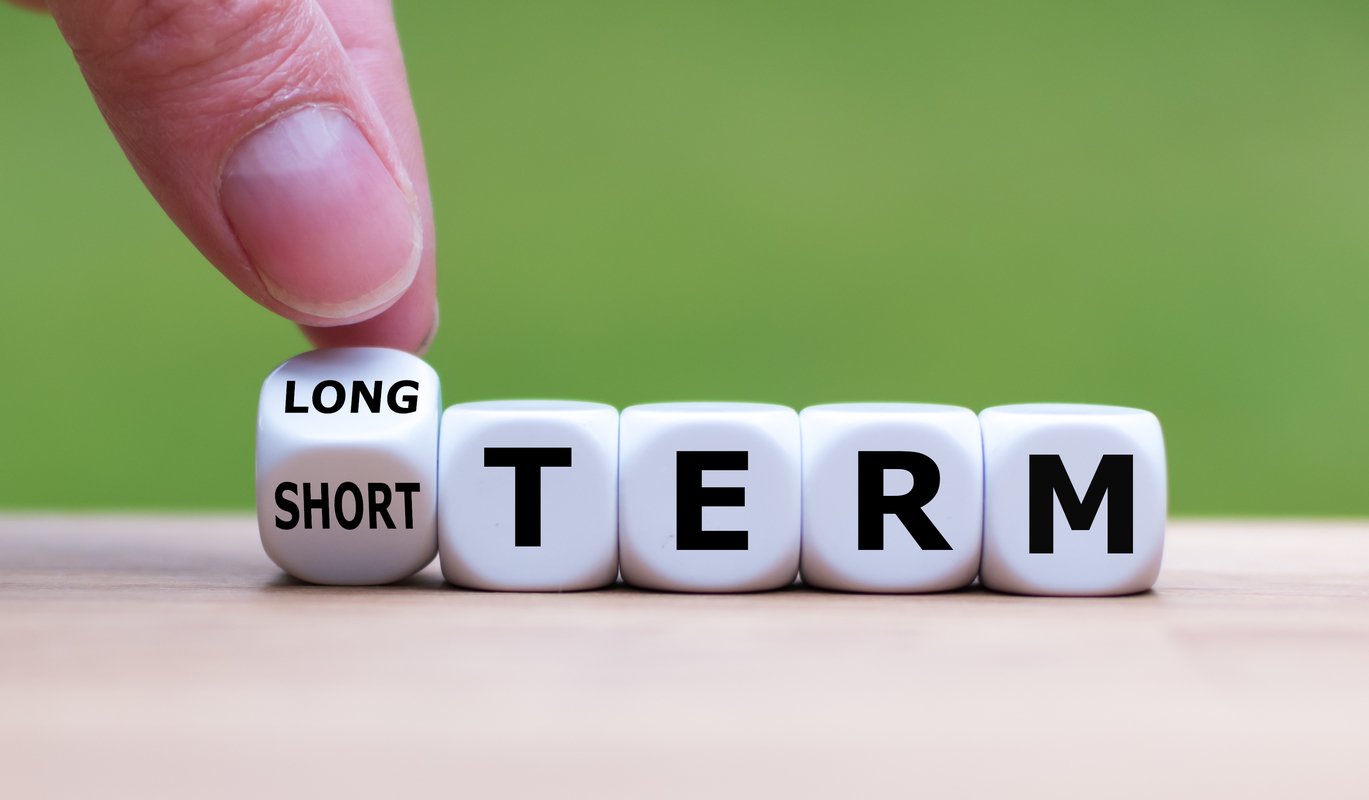Editor's Note: This article was edited to incorporate breaking news that Pfizer is not planning a bid for Onyx Pharmaceuticals.
The "people familiar with the matter" are out in full force spouting off about who's bidding for Onyx Pharmaceuticals (NASDAQ: ONXX), reports Reuters and The Wall Street Journal complete with an update that Pfizer has decided not to put in a bid.
The insiders -- most likely Onyx's bankers -- release the confidential information to help drive up the price. You'll recall that Amgen (AMGN 2.59%) recently made an unsolicited bid for $120 per share that Onyx rejected before putting itself on the auction block. The more potential bidders, the higher Amgen has to raise its bid, assuming, of course, that Amgen believes what's reported in the press.
The news flow also encourages shareholders to hold the course; shares currently trade well above the $120 offer. The bidding process will take awhile, and if shares fall, it's easier for bidders to justify a lower final offer.
Of course shares fell when Pfizer was taken out of the list today, so the unnamed sources might have other agendas.
Here's a look at the potential suitors, assuming the bankers are telling the truth, of course.
Obvious
It's not surprising to see Amgen in the mix of bidders given its initial interest. With its oncology focus, Onyx would be a nice fit. At $10 billion, buying Onyx would be the largest purchase Amgen has made since it bought Immunex more than a decade ago. With more than $20 million in the bank, though, Amgen can certainly afford it.
Big pharma
The two big pharma being mentioned by the insiders, Pfizer and Bristol-Myers Squibb (BMY 1.61%), are the two obvious choices given their focus on oncology.
Bristol has build much of its medicine bag and pipeline through acquisitions in a strategy it calls "string of pearls," so acquiring Onyx would just be adding another pearl -- albeit a rather large one. A knock on a big pharma company buying Onyx is that it would have to work with Onyx's partner, Bayer, co-marketing their cancer drug Nexavar, but that shouldn't phase Bristol given that it's worked with Sanofi selling Plavix and more recently hocking diabetes drugs with AstraZeneca.
Onyx would have been an interesting fit with Pfizer. They're competitors of sorts since Pfizer's Sutent works in basically the same way as Onyx's Nexavar. But the companies have found separate niches with Sutent getting most of its sales from kidney cancer and Nexavar focused on liver cancer, even though it's also approved for kidney cancer. Onyx and Pfizer also have a partnership for another cancer drug in development, palbociclib, so buying Onyx would save Pfizer the having to pay the royalty if the drug is approved. I guess the hassle of having two related drugs outweighed the advantage of losing the royalty payment.
Dark horse
Gilead Sciences (GILD 0.86%), the final name mentioned by the insiders, has been slowly building out its oncology franchise through multiple acquisitions and even an academic partnership.
Gilead has six oncology drugs in the pipeline, but hasn't gained FDA approval for an oncology drug yet. Purchasing Onyx would give it a couple of marketed products and thus a built in sales force.
Gilead doesn't have the cash to make the purchase, though. At the end of the first quarter, the biotech only had less than $2 billion in the bank. Of course, capital is still cheap, so issuing bonds to pay for the purchase is an option.
Buy?
I could see any of the three companies mentioned eventually buying Onyx. Of all the companies, Gilead could benefit the most from purchasing Onyx, although I think it's probably the least likely to pull the trigger.
The concern for shareholders of the potential buyers isn't whether they should buy, but whether they'll overpay. Getting in a bidding war for a company that's already increased in value over 75% this year can be dangerous.
I think there's probably some room to go higher. My Foolish colleague Sean Williams did a good job breaking down Onyx's assets, coming up with a potential price of $145 per share based on 2.5 times peak sales, which seems reasonable to me, but whether a potential acquirer will see it that way remains to be seen. It's possible that Pfizer is dropping out because the cost is too high.
A deal probably gets done, but counting on other companies makes it hard to asses the risk-reward, making it hard to recommend buying Onyx at this point.










